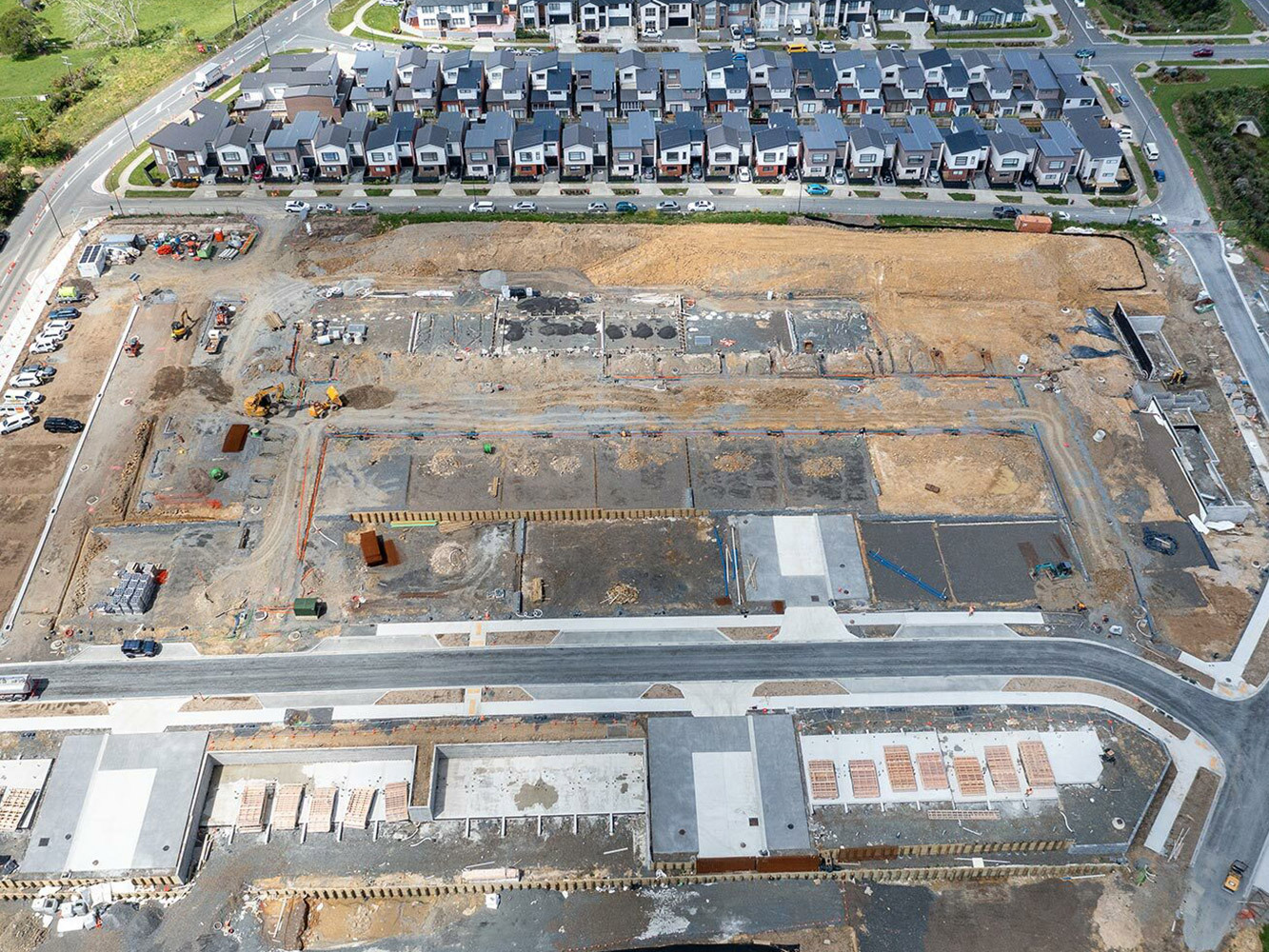Whether you're subdividing land, building a new home, or developing a large-scale residential block, choosing the right civil engineer can make or break your project. In Christchurch, where land conditions, council requirements, and infrastructure constraints are all unique, having an experienced local engineer is essential
The wrong choice could cost you months in delays and tens of thousands in rework. The right choice ensures your project runs smoothly from concept to completion.
Christchurch isn't like other cities. From liquefaction-prone soils to strict stormwater rules and complex overland flow paths, engineering here requires local insight that can't be learned from textbooks.
Your engineer should understand:
Post-earthquake ground conditions and where liquefaction risks are highest
Christchurch City Council's specific processes and officer preferences
Local infrastructure constraints and which areas have capacity issues
Plan Change 14, flood overlays, and current planning policies
A good civil engineer will be familiar with Christchurch City Council's planning and engineering approval processes, localised development contributions and catchment areas, and the subtleties of recent policy changes.
Not all engineers specialise in the same things. Some focus on large infrastructure, while others excel at residential or semi-rural developments.
Ask whether your engineer has recent experience with:
Subdivisions and land development in similar conditions to your site
Stormwater design that meets current council standards
Council-compliant earthworks and roading with realistic cost estimates
Medium density housing and Plan Change 14 compliance
Value engineering that reduces costs while maintaining compliance
For residential or lifestyle block development, Site Services Design and Earthworks Design are key areas to check. Ask to see three similar projects completed in Christchurch in the last two years.
Good civil engineers don't just design, they coordinate. Your project involves surveyors, planners, architects, and contractors. An effective engineer keeps everyone aligned and resolves council queries early.
Look for someone who can:
Liaise directly with council officers and arrange pre-application meetings
Work alongside planners during the consent phase
Support surveyors during 223 and 224c applications
Coordinate with contractors to ensure buildable, cost-effective designs
The best engineers maintain established relationships with council staff and regular professional partnerships with other consultants. This network directly benefits your project through smoother approvals and faster problem resolution.
This coordination ensures your project moves through approvals smoothly without unnecessary rework.
Does your engineer use current modeling software? Are they familiar with council GIS platforms? Can they provide digital stormwater and earthworks models?
Essential technical capabilities include:
Advanced modeling software for earthworks design
Stormwater modeling tools for flood analysis and detention system design
GIS integration to identify constraints and opportunities early
Digital delivery that contractors can use efficiently
These tools help accurately model flood risk, optimise cut and fill volumes, and demonstrate compliance with Christchurch City Council standards.
Your engineer should keep you informed throughout the project with:
Regular progress updates and immediate notification of any issues
Clear explanations of technical decisions without unnecessary jargon
Realistic timelines with contingency planning
Professional documentation that creates a clear project record
During initial meetings, pay attention to how potential engineers explain technical concepts. If you don't understand their explanations, neither will council officers or contractors.
Warning signs that indicate an engineer may not be right for your project:
Unwillingness to provide recent local project references
Vague answers about council relationships and processes
Promises that seem too good to be true about timelines or costs
Lack of familiarity with recent Christchurch policy changes
Slow response times or poor communication during selection
At Civix, we bring deep Christchurch knowledge and proven experience to every project. Our team has successfully completed subdivisions and residential developments across Canterbury, giving us unique insight into local conditions, council processes, and contractor capabilities.
Why Civix clients choose us:
Proven local track record with projects in every Christchurch suburb
Strong council relationships built through years of successful collaboration
Technical excellence using the latest engineering software and methods
Integrated project management that coordinates all consultants effectively
Transparent communication with regular updates and clear explanations
The right civil engineer isn't just a designer, they're a key partner in bringing your vision to life.
Ready to discuss your project? Contact Civix today for a consultation where we'll assess your site conditions, explain specific challenges and opportunities, and provide realistic timelines and cost estimates.
Don't leave your project success to chance. Partner with civil engineers in Christchurch who have the local knowledge, technical expertise, and professional relationships to turn your development vision into reality.

Stormwater isn’t just a technical box to tick in Christchurch’s subdivision process, it’s one of the most scrutinised and impactful aspects of land development.

If you’re developing land or subdividing property in Christchurch, one of the most critical and often misunderstood steps is securing engineering approval.

In subdivision and land development projects, accessways and driveways often seem like minor details.
For private land developments, Civix Town Planners, Chartered Engineers and Licensed Cadastral Surveyors have got you covered from the initial site visit through to council sign off.
Contact Us